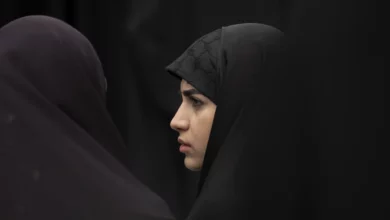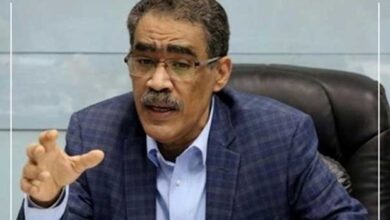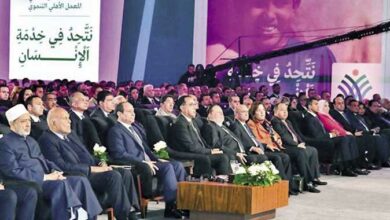A joint statement by 25 rights groups reiterated on Wednesday their rejection of a new draft law prepared by the Insurance and Social Affairs Ministry that aims to nationalize civil society organizations.
The draft law would organize the work of these organizations and treat them as an administrative body of the state, and NGO staff would be regarded as civil servants, the statement said.
The proposed law adopts new restrictions that aim at terrorizing activists, the NGOs said, warning Parliament not to adopt the law.
The Insurance and Social Affairs Ministry announced this month that the new draft law, prepared in association with other government organizations and bodies, would be presented to Parliament.
“This draft law actually epitomizes the same philosophy of tightening the firm grip on civil society organizations in general and stifling human rights organizations in particular. The new draft law goes even further in its restrictions than all of the previous laws that have repressed civil society since the proclamation of Law No. 32 of 1964,” said the statement.
The NGOs — which include the Arabic Network for Human Rights Information, the Cairo Institute for Human Rights Studies and the Egyptian Organization for Human Rights — said they stick to the draft law they submitted in January to the People’s Assembly Human Rights Committee.
The new draft law allows the government to intervene in the details of the affairs of the NGOs, which defies the logic of their work, the statement said.
The issue of civil society funding is a critical matter in Egypt, as the state fears that money would be used to intervene in its internal affairs.
Egyptian security forces in December raided the headquarters of 17 NGOs as part of the investigations run by judicial bodies on alleged illegal foreign finance and unlicensed work.
Security arrested dozens of NGO workers, including 19 Americans. The case soured US-Egyptian relations and the US threatened to halt aid to Egypt, which decided later to lift a travel ban on the American defendants in the case.
The decision caused domestic political uproar and raised criticism of Prime Minister Kamal al-Ganzouri’s cabinet.




